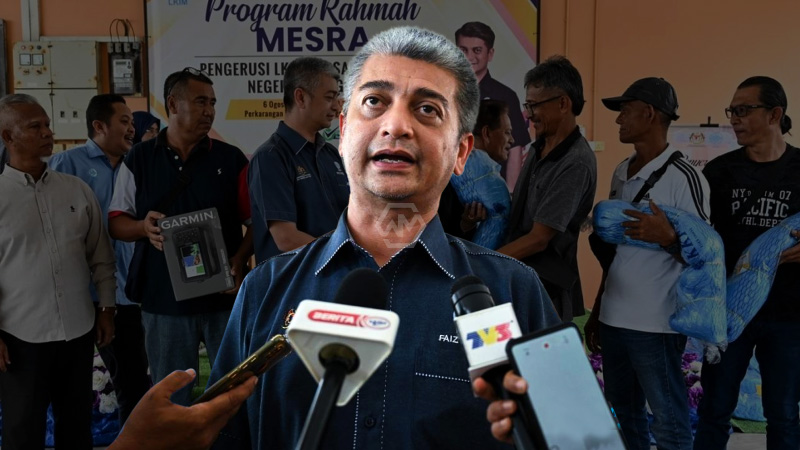- Fishermen involved in illegal diesel sales will lose their subsidies and face closure of sales centers.
- LKIM has found no significant leakage or sales at sea; isolated cases may occur due to high fuel costs.
- The agency is opening more ‘Kedai Nelayan’ stores to boost fishermen’s income and diversify their activities.
The Fisheries Development Authority of Malaysia (LKIM) has announced strict measures against illegal diesel sales by fishermen.
In addition to cracking down on diesel misuse, LKIM is focusing on economic diversification for fishermen. They plan to open five new ‘Kedai Nelayan’ retail stores in Kedah and Selangor this year, aiming to help fishermen.
LKIM Imposes Strict Measures on Diesel Subsidy Abuse by Fishermen
LKIM is intensifying its efforts to combat illegal diesel sales among fishermen by implementing a policy that will strip fishermen involved in such activities of their subsidies. The authority will also take action to close any diesel sales centers that are found to be engaged in illegal practices. Despite claims of widespread leakage, LKIM has found no substantial evidence of significant diesel sales at sea, though they acknowledge the issue might arise due to the high operational costs of fuel for fishermen.
To address the economic challenges faced by fishermen, LKIM is also expanding its network of ‘Kedai Nelayan’ retail stores. This year, five new stores are planned to open in Kedah and Selangor, in addition to the existing ten stores, with four located in Terengganu. These stores are designed to provide additional revenue streams for fishermen, helping them to diversify their income sources beyond traditional fishing activities.
The initiative is part of a broader effort by LKIM to improve the economic stability of fishermen and reduce their dependency on fishing alone. By offering platforms for marketing their products and diversifying their activities, LKIM aims to create a more sustainable livelihood for those in the fishing industry.
Overall, these measures reflect LKIM’s commitment to ensuring fair practices in the distribution of fuel subsidies while also supporting the economic well-being of fishermen through new retail opportunities.
LKIM’s new policies and retail expansions aim to tackle illegal diesel sales and bolster fishermen’s incomes, promoting a more sustainable and diversified economic future for Malaysia’s fishing community.
“The largest operating cost for fishermen is fuel, which is 60 percent.”



